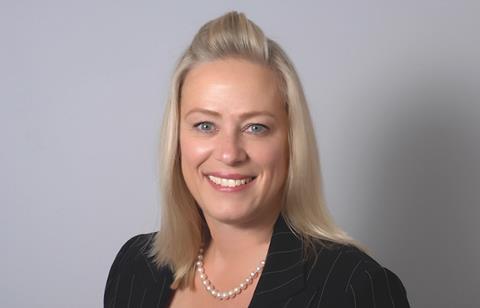
Over a third (39%) of employer respondents believe the introduction of the Lifetime individual savings account (Lisa) will cause confusion for employees looking to save, according to research by Close Brothers Asset Management.
Its Business barometer report, which surveyed 900 UK employers, also found that 20% of respondents plan to respond to this predicted confusion by arranging financial education schemes to improve employees' understanding and help in the decision-making process between a Lisa, pension or other saving options.
The research also found:
- 16% of respondents expect to see reductions in employee contributions to both workplace pension arrangements and share schemes as a result of the introduction of the Lisa.
- 48% of respondents are worried about their employees’ poor financial wellbeing.
- 68% of respondents think that workplace financial education should be provided to all staff.
Jeanette Makings (pictured), head of financial education at Close Brothers Asset Management, said: “In our current economic climate, with a rising state pension age and house prices remaining out of reach for many, any initiatives that encourage a savings plan should be welcomed. Even without the Lisa, employees have a choice of savings vehicles in the workplace that offer a range of different benefits, helping them save for retirement, for a home or for a rainy day. The introduction of the Lisa may help engage more young people in starting their savings journey but it is another choice and with choice comes confusion and possible missed opportunities or poor decision-making.
“With pensions, share schemes and [individual savings accounts] in the workplace, and other non-workplace investments the financial landscape is more complex than ever for individuals to navigate. Saving schemes are not a one size fits all and employers have a pivotal role in ensuring staff are equipped with the tools and support to improve their understanding and make the best savings choices for them whatever their age, career stage, and personal circumstances.”











